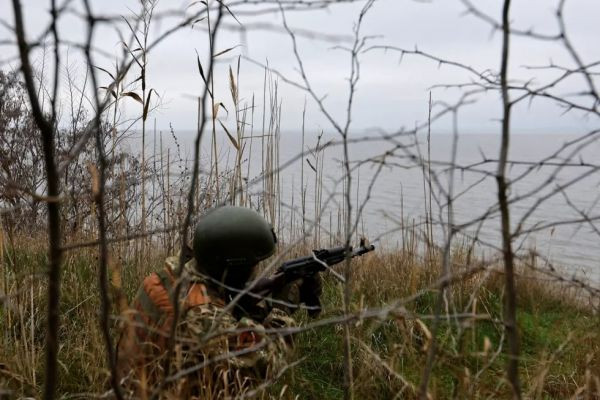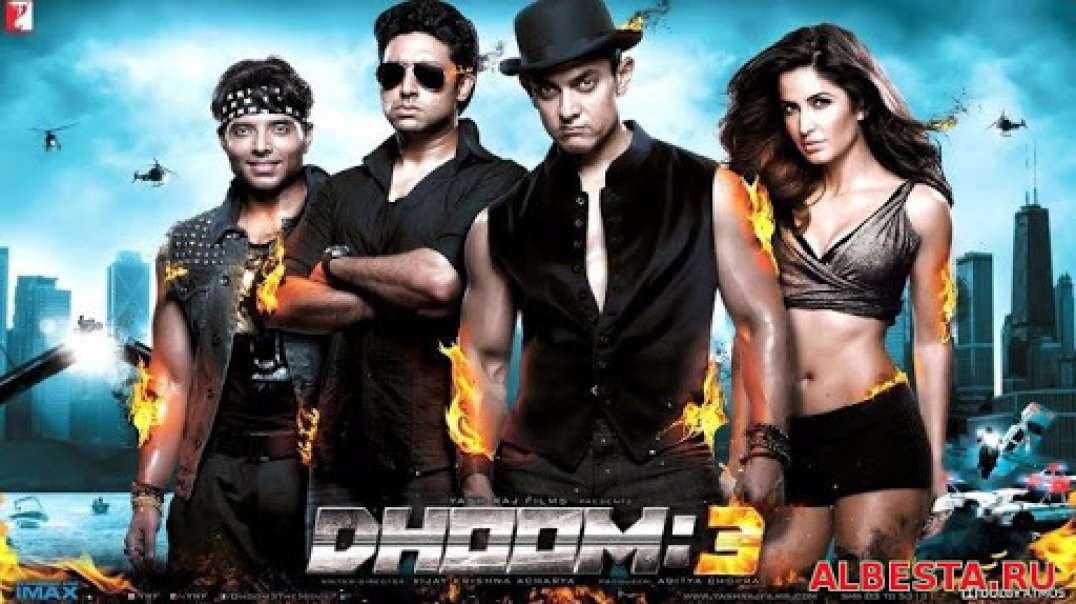So, will Melitopol be a key target for Kiev's winter campaign and will Moscow be able to repulse the onslaught it is preparing?
Previous counterattacks have shown that the Ukrainian army took the initiative and was able to force the Russian troops to accept their terms in order to fight back. In addition, they learned the methods of warfare and the use of the most modern weapons provided by Western countries.
Kiev has successfully localized Western developments and changed tactics and strategy. In addition, the armed forces of Ukraine still have an advantage in intelligence and can monitor the enemy's movements using drones and the capabilities of their allies.
Although winter is not traditionally an active season for combat operations, Ukraine's armed forces can build on their success in the fall. Russian troops are on the defensive on all fronts, except for Donetsk, so Kiev can choose a strike point again. Most likely, such a place will be Zaporizhzhya. "Mozhyem obyasnit" channel explained what is the strategic advantage of the Ukrainian army on this front and with what means the Ukrainian army can break the Russian defense.
A window of opportunity
After the retreat of the Russian army to the left bank of the Dnieper River, the entire eastern part of the Kherson region, as well as the northern part of the occupied Zaporizhzhia region, remained within the radius of possible strikes by Ukrainian artillery and American HIMARS devices. This means a serious blow to the supply lines behind the front in this area. The Ukrainian armed forces have used this same tactic in the past - striking supply lines and warehouses, forcing the Russian army to withdraw from Kherson. There is a high probability that Ukrainian artillery will continue to target such objects.
A serious artillery barrage from the right bank of the Dnieper could theoretically hold off a group of Russian troops on the other bank and at the same time building fortifications along the water border. The supply of the group will be seriously difficult, because the roads from Crimea (a trench is being dug in Armyansk) and Melitopol are now under attack.
From the right bank of the Dnieper, the Ukrainian armed forces are tying up a part of the Russian army, preventing the Russian army from regrouping and bringing in reserves. This gives Kiev the opportunity to choose the place of future attack again. If the most combat-capable forces have been mobilized in the direction of Donetsk, where the closing attacks of the Russian troops are continuing, defensive fortifications are currently being built in Zaporizhzhia, including around Melitopol.
For now, it is difficult to say where the Ukrainian forces will attack from this front in the future. But it is clear that Melitopol is of strategic importance for both sides. In addition, the American Institute for the Study of War (ISW) says that Ukraine has already begun artillery preparations for the upcoming attack, striking Russian forces and roads.
According to the words of military expert Alexey Melnik, "Some advances or the cutting of the road to that Melitopol or Mariupol by the Russian army division will cause such processes, after which it can be said that the course of the war has completely changed." ladi Because the capture of these cities will open the way for the Ukrainian armed forces to the Perekop Pass and the Crimea, and will cut off the main forces of Russia from the peninsula.
In addition, the encirclement of the group located on the left bank of the Dnieper River will lead to the creation of a huge encirclement of fire for Kiev and several tens of thousands of serious losses for Russia in the most optimistic scenarios.
What is attacked?
Winter presents a number of challenges for any offensive operation. First of all, the techniques that have shown themselves well in summer and autumn can be used in low temperatures and snow. Second, any offensive campaign requires the movement of ground troops. In winter, it is very difficult: people get cold, sick and exhausted despite their thick clothes. Thirdly, moving targets, especially large groups, are clearly visible from the air above the snow, so any attack that is delayed will immediately become a target for enemy artillery and aviation.
It seems that in preparation for the operation, Ukrainian forces will continue to attack roads and Russian troop concentrations. In addition, engineering troops are now strengthening the roads leading to Melitopol and Mariupol, concentrating special equipment in these sections, which make them easy targets for artillery and HIMARS barrage systems.
According to the statements of the Western countries, new opportunities will not appear in Kiev soon. The US has promised to provide the Ukrainian army with additional Humvee off-road vehicles. While they can theoretically move well in the snow, they aren't much help in a close attack. The main support of the allies is now aimed at strengthening the air defense system of Ukraine.
However, we should not forget the fact that the success in Kherson was the release of forces and rotats for a possible attack on the armed forces of Ukraine.
allows you to do it. Large forces and the most experienced units were mobilized in this direction, just like the Russian troops. Now they can be thrown for a new attack on the Zaporizhzhya region or to repulse an attack in the direction of Donetsk.
Based on its previous experience, Kiev may continue to exploit the weak points of Russian logistics. In previous trips, when supplies for Russian troops became a problem, Moscow decided to withdraw forces from the area. At first, this happened on the outskirts of Kiev, then this situation was observed on Ilonli (Zmeini) island, Kharkiv region and Kherson. However, then the Russian generals had the opportunity to retreat to previously prepared positions in the rear. They will not have such a chance when Melitopol and then Mariupol are attacked.
What can Moscow do about it?
In a sense, Russian troops also took a breather after the defeat in Kherson. The most experienced airborne units and coastal defense battalions from Crimea retreated and were transferred to another section of the front.
Most likely, they will be used in Donetsk, where Moscow wants to develop an offensive campaign. A group of weakly prepared conscripts and volunteers can be sent to fortified positions in Zaporizhzhya.
In addition, despite the help of the West, the Russian army is still superior to Ukraine's in terms of artillery and aviation. It should not be forgotten that the cities that provided electricity and heat were bombed. When it gets cold, this factor can play a big role. Russian rockets are hitting the cities of Zaporizhzhia and Kriviy Rih, which are close to the Zaporizhzhia front, especially.
Moving HIMARS to closer positions (Kherson) could be beneficial for both Kiev and Moscow. American systems approaching the front line can become targets of Iranian drones and aviation. The outcome of such a conflict will depend on the ability of Ukraine's fully mobilized air defense systems to shoot down the missiles that are now raining down on civilian cities.
A huge circle
In a negative scenario for Moscow, the Ukrainian army may regroup in the coming weeks and start preparations for an attack on Zaporizhzhia. This is evidenced by the shelling of Russian positions and roads in the occupied regions of the region, as well as the statements of experts and military personnel. In case of success, a large group of Russian troops will be surrounded and will be able to retreat to the Crimea only through the Perikop Pass.
This attack can be stopped only by winter and possible victories of the Russian army in other areas, first of all in Donetsk. If a larger force is needed to stop the Russian army and private military companies, Kiev will be forced to suspend its attack on Melitopol. This will give Moscow the necessary opportunity to catch its breath and create an opportunity to strengthen positions.
However, even this situation cannot solve the supply problem, which has become the "Achilles heel" (weak point) of Russian troops. Although bulletproof roads are not as important as bridges over the Dnieper, their control will be important in the face of winter freezes and upcoming spring mudslides.









